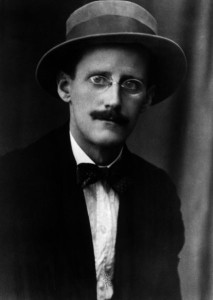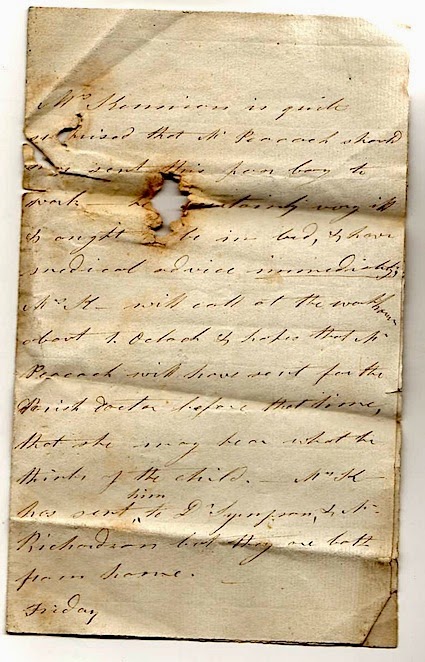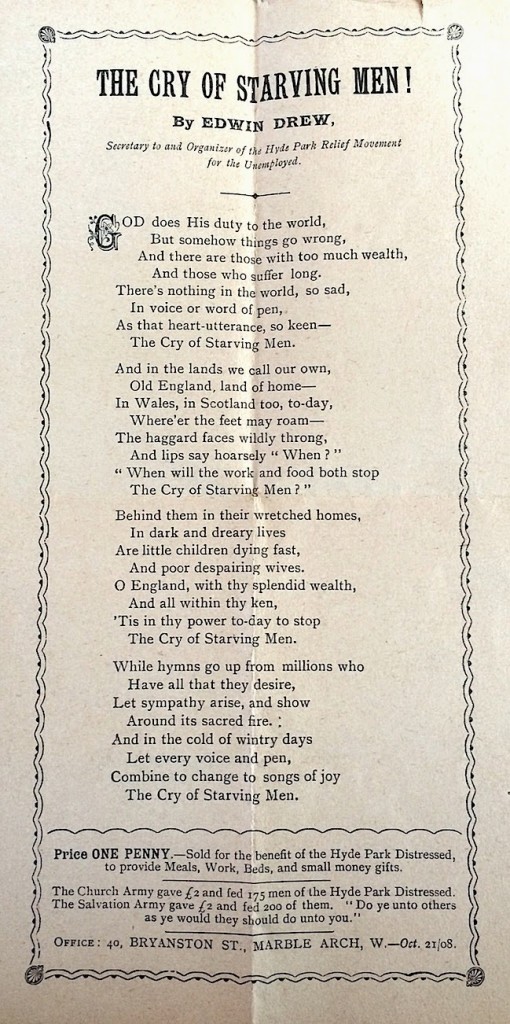Some of the following pronouncements taken from Ronald Duncan’s  hilarious and sometimes shocking anthology, Critics’ Gaffes (1983), come from critics who supposedly know what they’re talking about. Others are the judgements of those who haven’t a clue. Perhaps Geoffrey Grigson nailed it when he described the romantic novelist and radio presenter Melvyn Bragg as ‘a media mediocrity who couldn’t tell good literature from old gym shoes.’ Mind you, like the stopped clock which tells the right time twice a day, a few of the following verdicts have the ring of truth.
hilarious and sometimes shocking anthology, Critics’ Gaffes (1983), come from critics who supposedly know what they’re talking about. Others are the judgements of those who haven’t a clue. Perhaps Geoffrey Grigson nailed it when he described the romantic novelist and radio presenter Melvyn Bragg as ‘a media mediocrity who couldn’t tell good literature from old gym shoes.’ Mind you, like the stopped clock which tells the right time twice a day, a few of the following verdicts have the ring of truth.
Theatre critic Robert Morley on Samuel Beckett’s masterpiece.
‘…it is my considered opinion that the success of Waiting for Godot’ is the end of the theatre as we know it’.
1956
Essayist and critic William Hazlitt on Lord Byron
‘He makes virtue serve as a foil to vices…the noble lord is almost the only writer who has prostituted his talents in this way.’
George Henry Lewis on Charles Dickens
‘Thought is strangely absent from his works. I do not suppose a single thoughtful remark on life or character could be found throughout the twenty volumes.’ (1872)
Aldous Huxley on Dickens Continue reading





